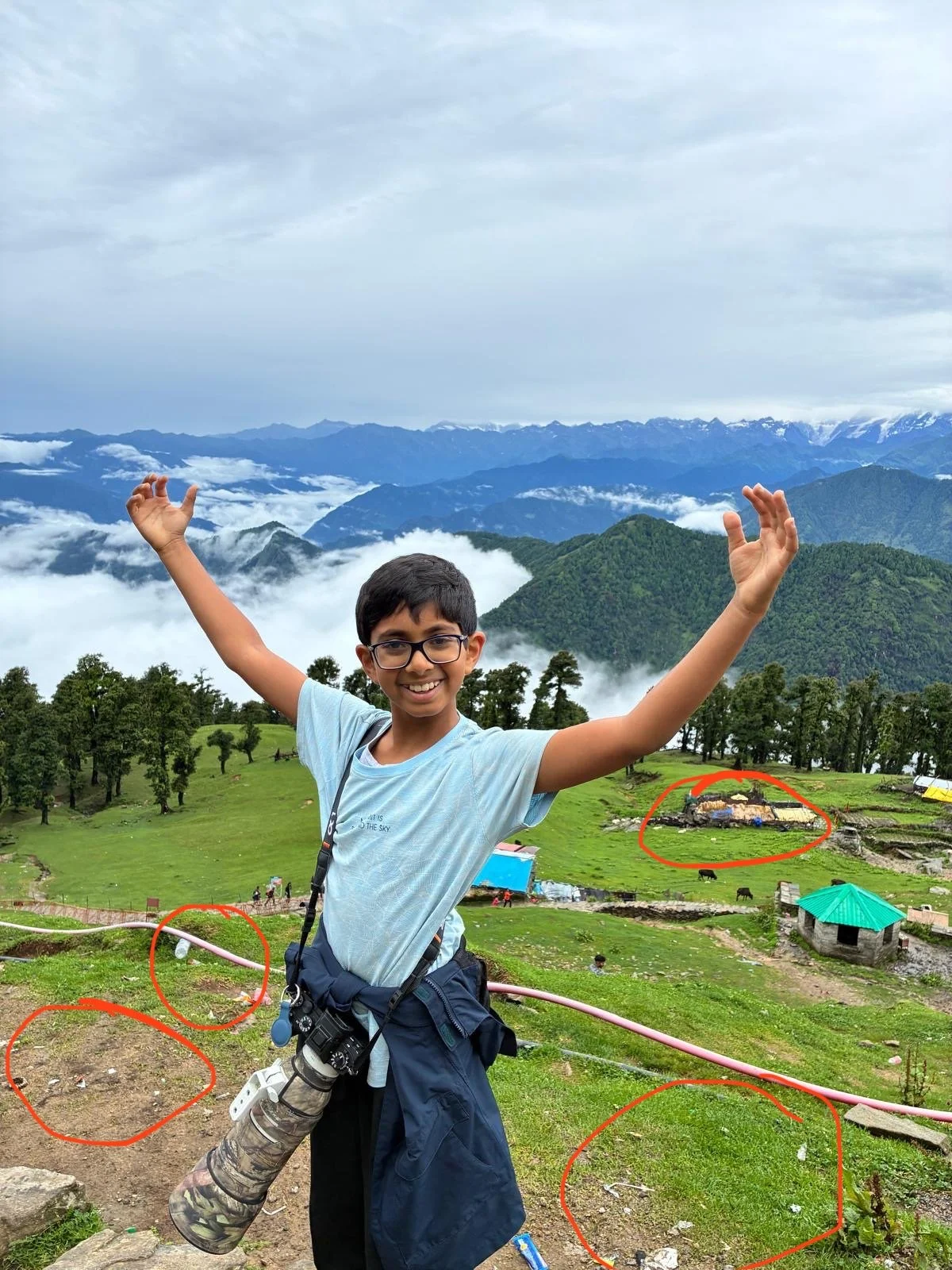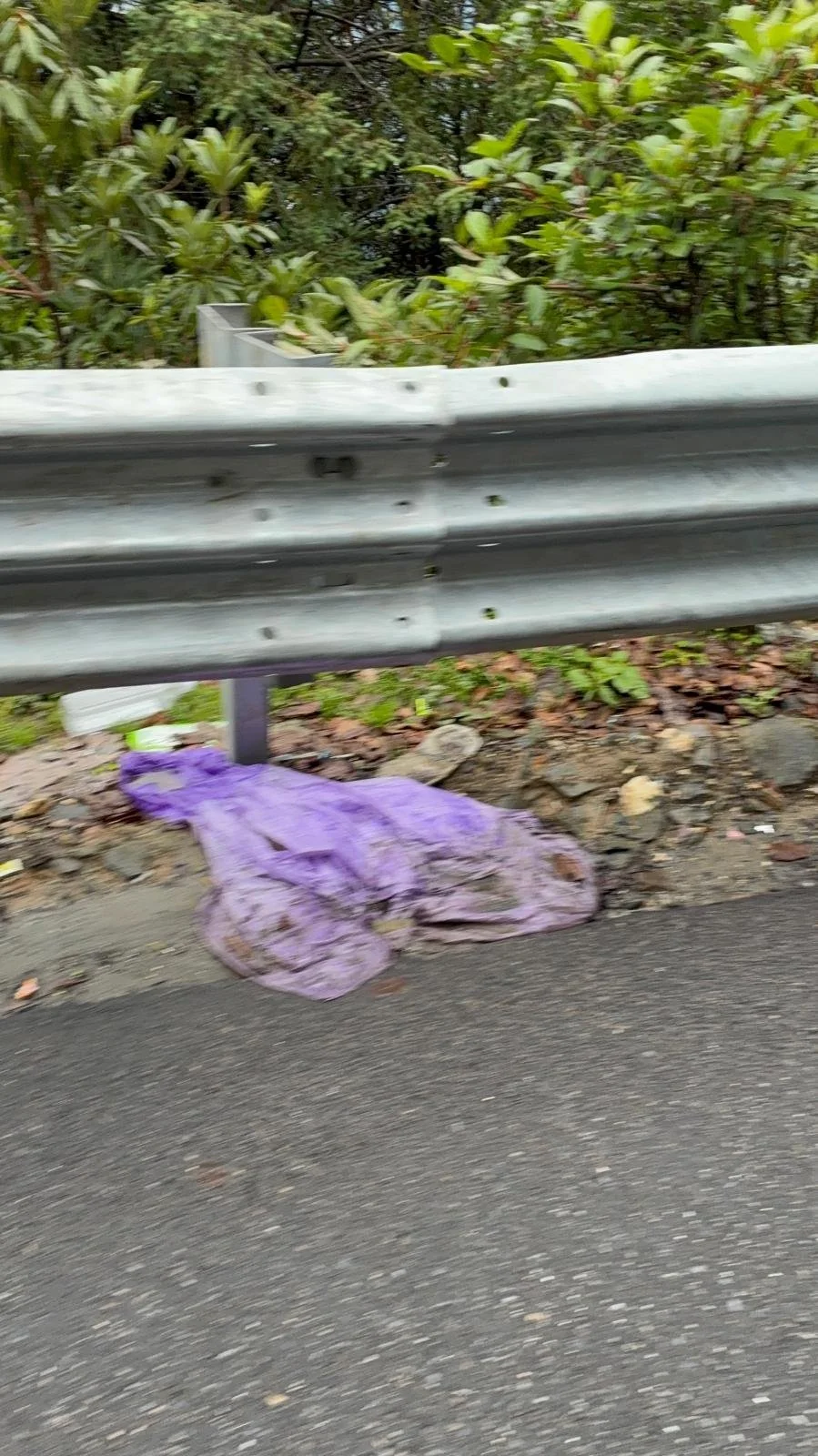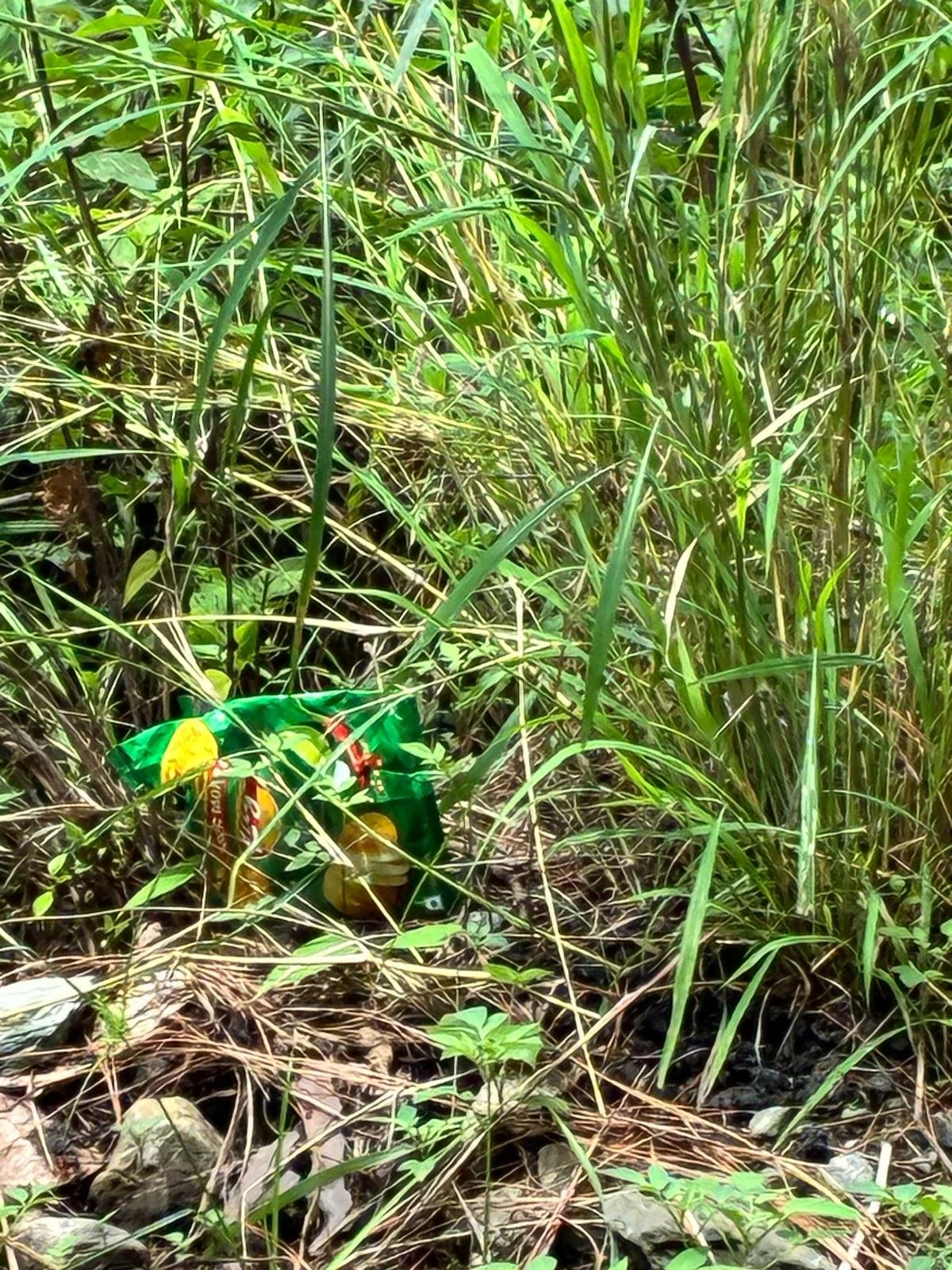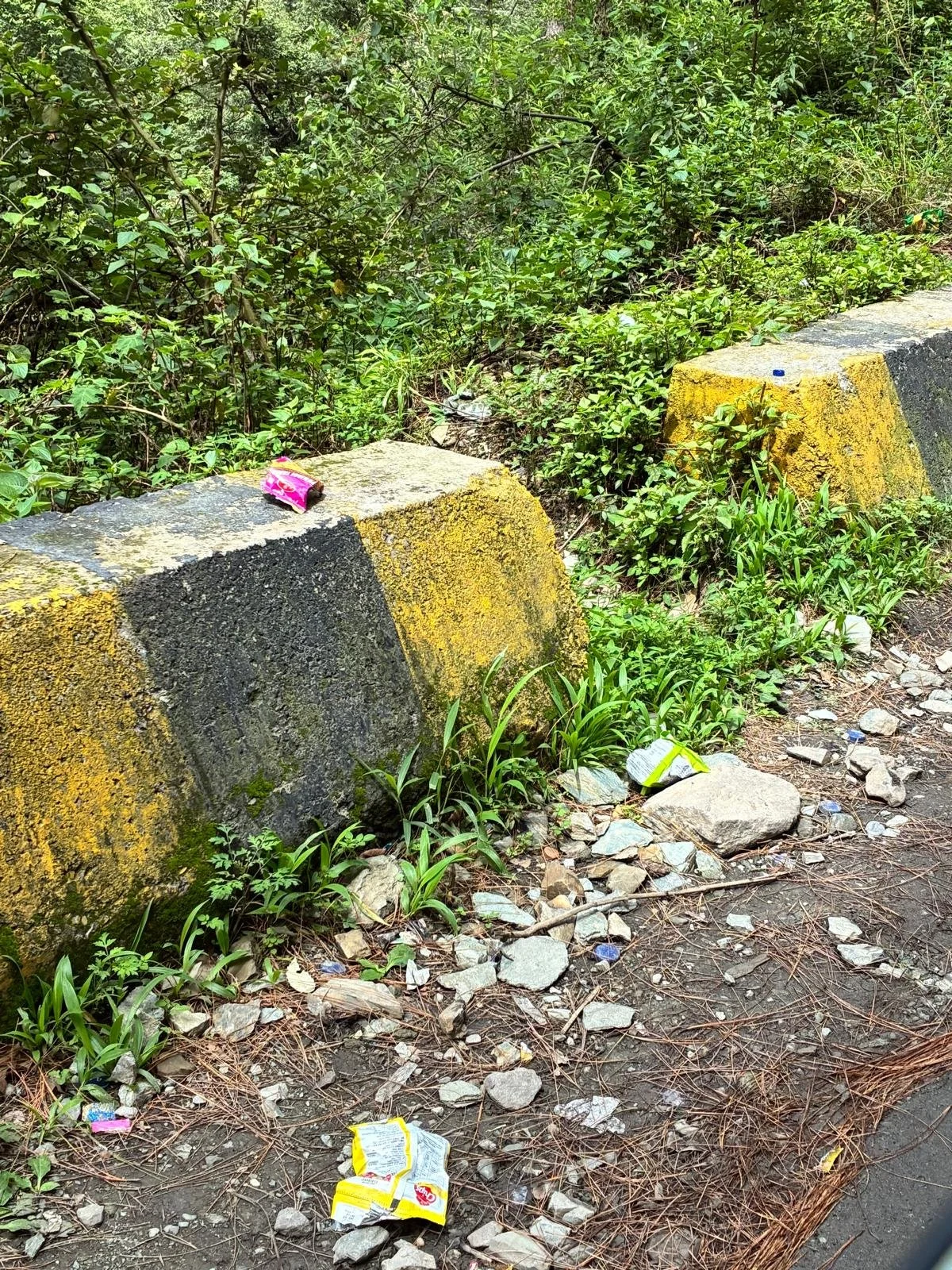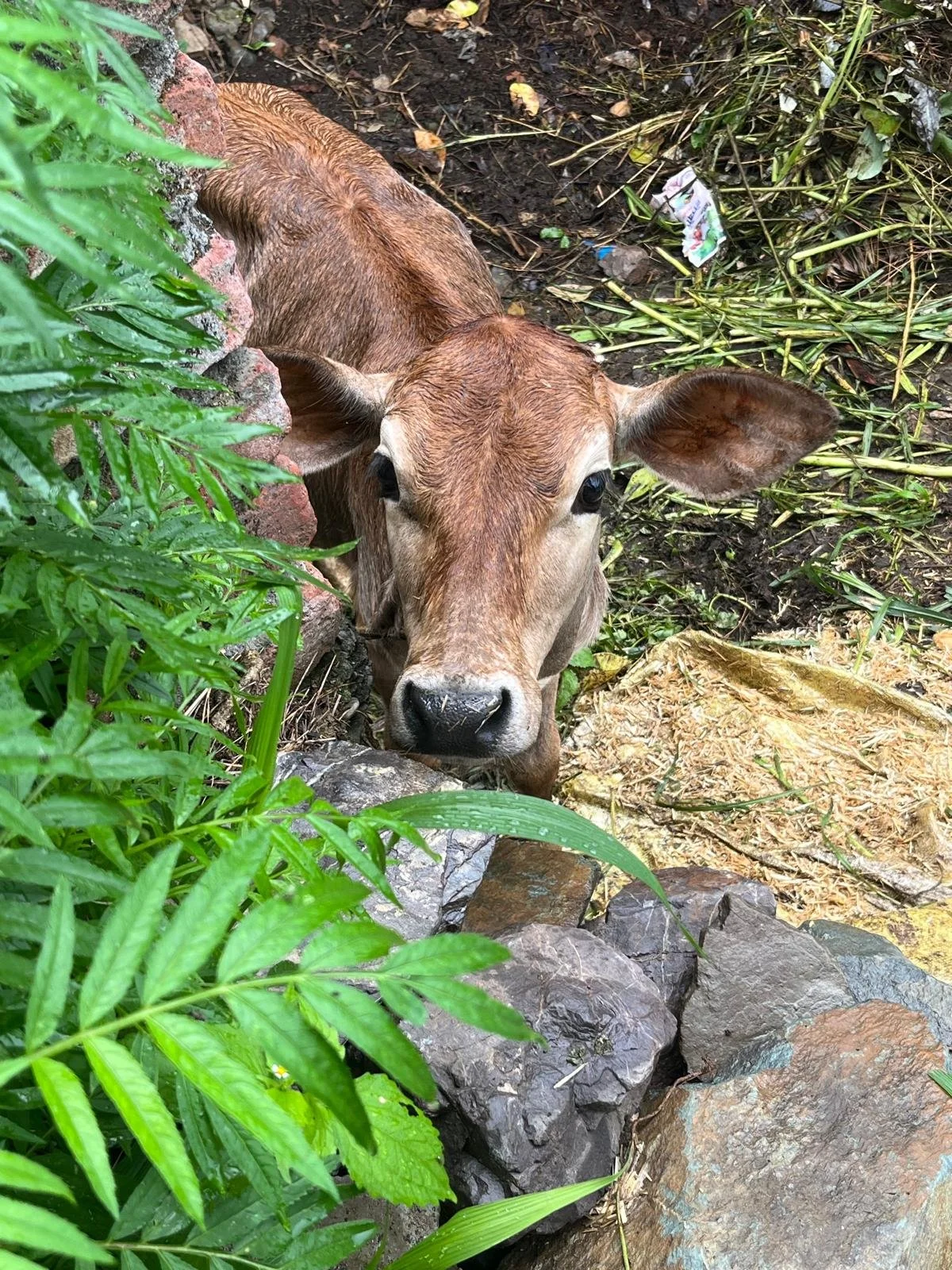Our nature, our actions, what will it be?
There have been five major mass extinctions in the history of our planet. Do you want a sixth one?
The sixth mass extinction that we could be causing is not going to happen in a matter of seconds like the asteroid that struck the planet 65 million years ago. It is happening slowly, some say it may take 100 years, others say 1,000 years. There's no denying that it is happening.
As fossil fuels and greenhouse gases go into the atmosphere. They have stopped the heat from escaping Earth. Since 1843 the planet's average temperature has risen by 1.8 degrees. This global warming has been melting the polar ice caps causing sea levels to rise. Due to this the climate has been changing. The sea currents have been getting warmer. The storms are getting intense.In the middle of summer, we now see torrential downpours. During monsoon, in some regions, the rains barely come at all. The natural world is struggling to keep up.
They are forced to leave their habitats in search of livable land. But when they do, they find forests cleared, grasslands paved over, and wild spaces tamed — or lost. Birds return to nesting sites only to find concrete jungles where forests once stood. The homes they’ve known for thousands of years have been turned into highways, farms, and cities.. In my opinion, among all these issues, one of the largest human-made problems is litter.
The problem of litter seems to have grown. We notice people will toss trash in places they are not supposed to be. Animals eat this plastic and suffer, many of them dying slow, painful deaths. Plastic doesn't just disappear — it can take millions of years to decompose. And while it sits there, it causes damage we barely understand. The plastic can stop the rain from getting absorbed into the soil. And thus the plants start getting impacted because of the lack of nutrition from the soil. The ecosystems around the sites of litter begin to collapse.
The sixth mass extinction is happening all around us. It will not be a fast one. It will slowly happen. If we do not do anything these littering actions will kill a lot of things around us. And, if we don’t act, our inaction will kill everything around us — piece by piece, species by species.
We are causing this. And that means — we also have the power to stop it.
But the problem doesn’t end there. The situation worsens when these littered areas are higher up in the mountains or in places where the roads are difficult to navigate. At these altitudes, roads twist and turn, often with little to no infrastructure for waste management. Trash collection trucks can't get to these spots frequently enough to remove the litter. The higher the elevation, the less likely it is that these areas will get cleaned up regularly. The result? Piles of discarded plastic bags, wrappers, and bottles left to accumulate in remote, once-pristine environments, where they’ll linger for centuries, harming wildlife and polluting natural beauty that can’t defend itself.
Take a look around. Campers head out into the wild to “connect with nature,” but many leave their trash behind. Bike riders and road trippers snack on the go, and because they don’t have space for garbage, they toss wrappers on the roadside. These acts seem small — but they are not. Each one adds to a growing disaster.
At the heart of this issue lies one question:
Why is everything packaged in plastic?
A small video showcasing litter along the walkways.
Are companies unable to find any alternative packaging? Have we tried hard enough? We always seem to find the easy way out because it's convenient or because it's someone else's problem and we think we are just tourists to a place and we won't ever visit the place again.
A rare Cheers Pheasant in the Himalayan Mountains
Every place on Earth has a meaning and we all collectively need to find a solution to this problem of littering of plastic wrappers. We should spread the word and tell our friends and family now because if we don't do something the sixth mass extinction will truly begin. The sixth extinction is a choice, and here is how we can choose to stop it
My thoughts are to start by driving an awareness campaign of the situation and impact today. I'm taking the first step and need the help of all of you to drive a change.
Let's say No to littering.
Let's say No to saying “It's okay.”
Let's say No to, “It's not my problem.”
Let's say No to, “There is no alternative.”
Let's say No to the 6th Extinction.
Let’s say YES to protecting our planet.
Let’s say YES to keeping Earth a paradise — for us, for wildlife, and for every future generation.
The next time I visit the mountains, I want to hear birds singing — not see a plastic chip packet rustling in the wind beside them.
It starts with one step.
This is mine. Will you take yours?

